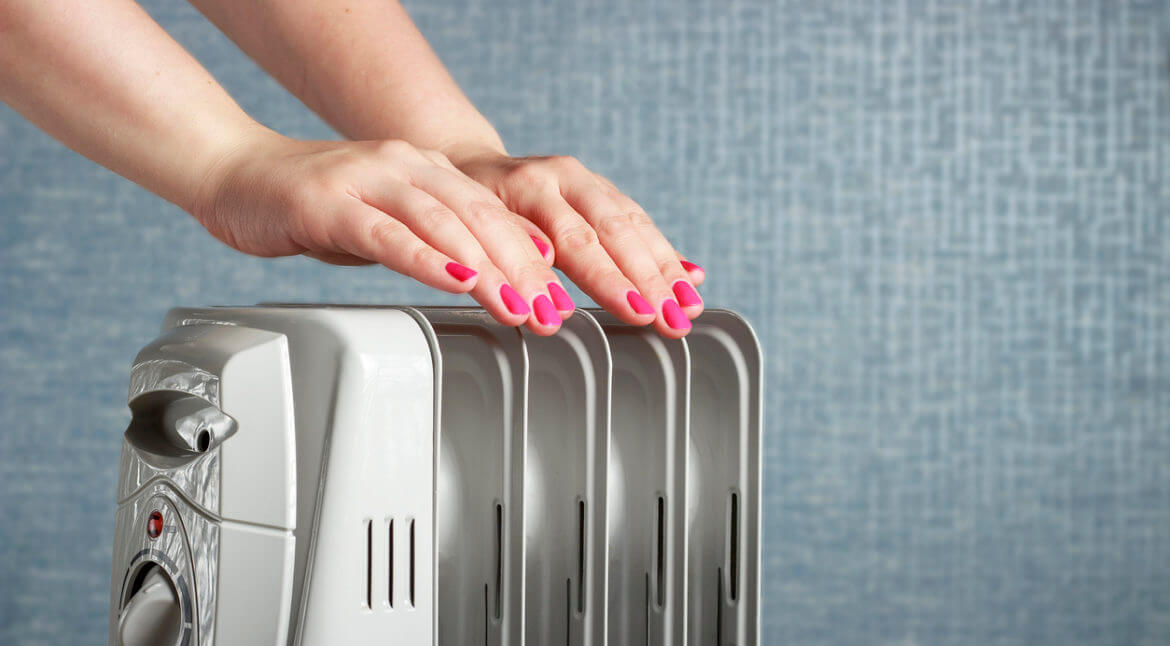Many people want to see their utility bills drop, but for most Americans, it becomes tougher as the cold winter weather sets. One possible way to reduce your high energy costs before winter arrives is to install an oil heater.
What is an oil heater?
An oil heater is a convection space heater modeled after the radiator heating systems found in many older homes. Contrary to what the name suggests, oil heaters do not burn oil. Instead, they burn electricity.
Why use an oil heater?
Oil heaters are beneficial when heating only a small to medium sized space, such as a bedroom. These heaters can be moved from room to room within your home, apartment or business, allowing you to isolate the heat.
Oil heaters are used when a homeowner wishes to heat a space without running their heating system throughout the entire home.
How does an oil heater work?
Most oil heaters utilize thermal convection in order to produce heat. While an oil heater does not burn oil, it still uses oil. These devices use diathermic oil, which has a high boiling point. Despite the oil getting warm, it will not boil. Furthermore, since the oil inside of an oil heater is not actually being burned, it does not need to be refilled and will essentially last forever.
The diathermic oil heats up inside the unit’s cavities or fins. This heat will be transferred by the movement of the oil into the heater’s metal fins, creating an even surface temperature.
Once the metal fins begin to get warm, heat will start to radiate into your room.
Oil heaters come in a variety of different styles and prices. Some of these heaters include eco-mode, allowing you to set cycles for when the heater operates. Some allow the user to set a specific desired temperature. Like with any appliance, buyers should research before deciding on an oil heater.
If you have any questions or would like advice from an expert local plumber/heating expert regarding oil heaters, please contact Plumbers 911.


